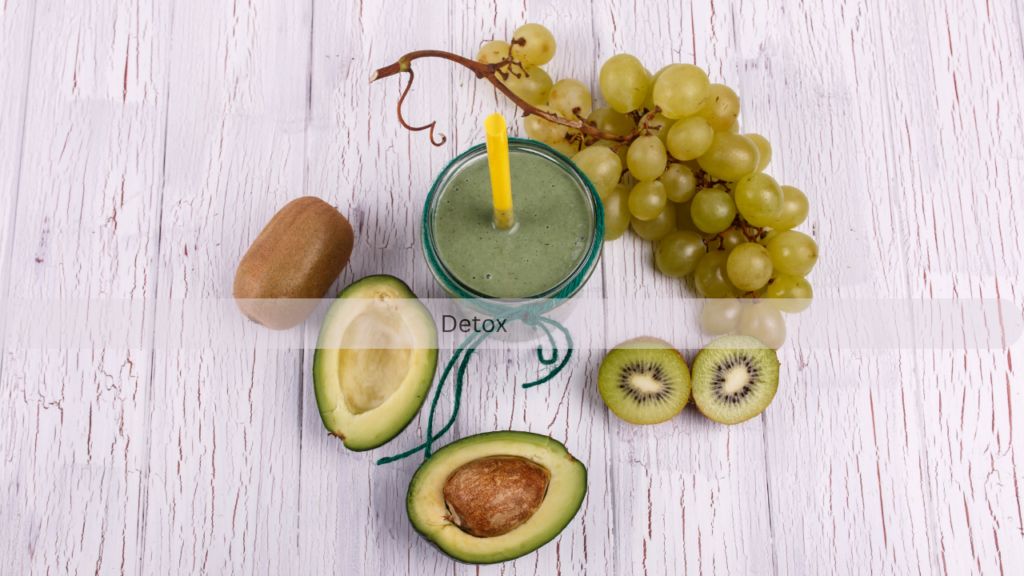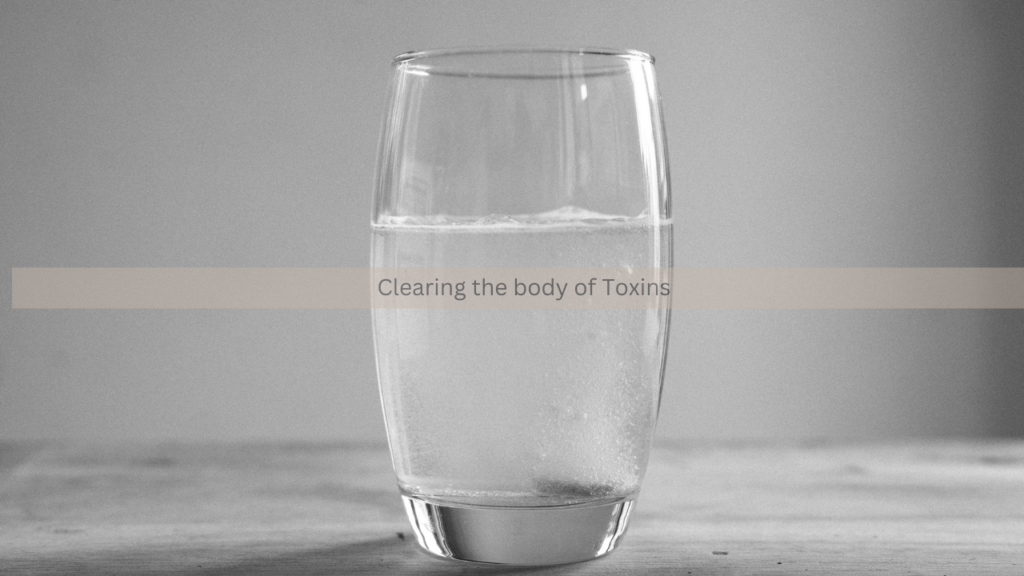Addiction is a relentless battle that affects the body, mind, and spirit. Many struggle to break free from its grasp, feeling powerless and defeated. However, the Bible offers hope through the transformative power of prayer. Prayer connects individuals to God’s strength, provides comfort and guidance, and plays a crucial role in the journey toward healing and recovery.
Seeking God’s Strength in Weakness
Addiction often leaves individuals feeling weak and helpless. Yet, the Bible reassures believers that God’s strength is made perfect in human weakness. 2 Corinthians 12:9 states, “My grace is sufficient for you, for my power is made perfect in weakness.” Through prayer, individuals can surrender their struggles to God and rely on His power to overcome addiction.
Philippians 4:13 reinforces this truth: “I can do all things through Christ who strengthens me.” When temptation arises, turning to God in prayer invites His strength into the battle, making victory possible.
Prayer as a Source of Peace and Healing
Addiction brings turmoil, anxiety, and guilt. Many feel trapped by their past mistakes. However, prayer provides a direct line to God’s peace. Philippians 4:6-7 instructs believers, “Do not be anxious about anything, but in every situation, by prayer and petition, with thanksgiving, present your requests to God. And the peace of God, which transcends all understanding, will guard your hearts and your minds in Christ Jesus.”
Through consistent prayer, individuals in recovery can find reassurance, knowing that God’s peace is greater than any struggle they face. As they lay their burdens before Him, He brings healing and restoration.
Overcoming Temptation Through Prayer
Temptation is one of the greatest challenges in addiction recovery. Jesus Himself emphasized the importance of prayer in resisting temptation. In Matthew 26:41, He instructed His disciples, “Watch and pray so that you will not fall into temptation. The spirit is willing, but the flesh is weak.”
Regular prayer strengthens the spirit and equips believers to resist the urges that seek to pull them back into addiction. When faced with cravings, praying for God’s help can redirect thoughts and actions towards righteousness.
Prayer as a Path to Transformation
Recovery from addiction is not just about abstaining from harmful substances or behaviors; it is about becoming a new creation in Christ. Romans 12:2 encourages, “Do not conform to the pattern of this world, but be transformed by the renewing of your mind. Then you will be able to test and approve what God’s will is—his good, pleasing and perfect will.”
Through prayer, individuals invite God to renew their minds, heal their wounds, and lead them on a path of lasting transformation. Prayer fosters a deeper relationship with God, helping them align their lives with His purpose.
The Role of Community Prayer
Addiction recovery is not meant to be walked alone. James 5:16 encourages believers to “confess your sins to each other and pray for each other so that you may be healed. The prayer of a righteous person is powerful and effective.”
Being part of a supportive faith community allows individuals to receive encouragement, accountability, and collective prayer. The power of believers praying together creates an environment of healing and spiritual growth.
Conclusion
The power of prayer in addiction recovery cannot be underestimated. It is a vital tool for seeking God’s strength, finding peace, overcoming temptation, and experiencing true transformation. As individuals turn to God in prayer, they receive the grace, guidance, and support necessary to break free from addiction. Through faith and persistent prayer, lasting recovery and a renewed life in Christ are possible.








